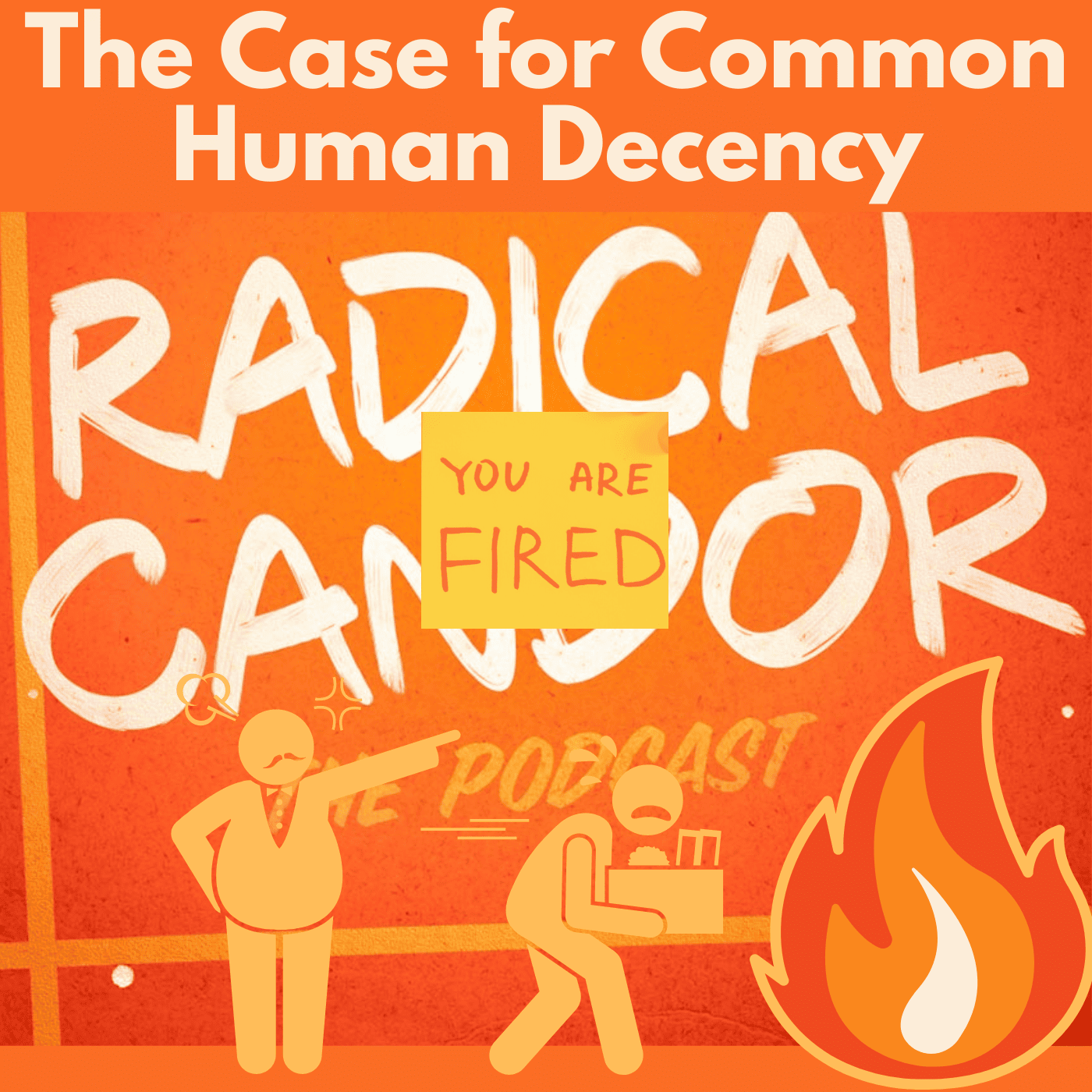Podcast Episode 11: Creating a Culture of Radical Candor
By now you're familiar with the ideas behind Radical Candor — Care Personally and Challenge Directly. How can you take these ideas and make an...

Common human decency is something everyone deserves, but not everyone gets. Especially at work. Kim and Amy discuss a case study Kim learned about during a recent visit to Harvard Business School. In this case, the co-founders of CloudFlare considered the implications of five employees' resignations over the prior three months and whether or not the resignations were symptomatic of bigger issues with CloudFlare's culture and management processes. The HBS alums then put on their case study hats as they explore the recent attention CloudFlare has received for its poor handling of layoffs after Brittany Pietsch filmed her own layoff and it subsequently went viral on TikTok.
Listen to the episode:
We fired ~40 sales people out of over 1,500 in our go to market org. That’s a normal quarter. When we’re doing performance management right, we can often tell within 3 months or less of a sales hire, even during the holidays, whether they’re going to be successful or not. Sadly,…
— Matthew Prince (@eastdakota) January 12, 2024
*Our robot makes some mistakes—listen to the episode for a 100% accurate account of Kim and Amy's conversation.

Have questions about Radical Candor? Let's talk >>
Follow Us
Instagram
TikTok
LinkedIn
YouTube
Facebook
X
————————————————————————————————————————————————————————————–
You’ll get an hour of hilarious content about a team whose feedback fails are costing them business; improv-inspired exercises to teach everyone the skills they need to work better together, and after-episode action plans you can put into practice immediately.
We’re offering Radical Candor podcast listeners 10% off the self-paced e-course. Follow this link and enter the promo code FEEDBACK at checkout.
We’re excited to announce that Radical Candor is now available as an hour-long videobook that you can stream at LIT Videobooks. Get yours to stream now >>

Episodes are written and produced by Brandi Neal with script editing by Amy Sandler. The show features Radical Candor co-founders Kim Scott and Jason Rosoff and is hosted by Amy Sandler. Nick Carissimi is our audio engineer.
The Radical Candor Podcast theme music was composed by Cliff Goldmacher. Order his book: The Reason For The Rhymes: Mastering the Seven Essential Skills of Innovation by Learning to Write Songs.
Download our free learning guides >>
Take the Radical Candor quiz >>
Sign up for our Radical Candor email newsletter >>
Shop the Radical Candor store >>
Get Radical Candor coaching and consulting for your team >>
Get Radical Candor coaching and consulting for your company >>
Meet the team >>

By now you're familiar with the ideas behind Radical Candor — Care Personally and Challenge Directly. How can you take these ideas and make an...

Welcome to the Radical Candor podcast's first mini-episode where we answer the question, what is Radical Candor? We'll be posting these bite-sized...

Radical Candor is creating a community! Learn how we’re combining peer and expert coaching, real-time events, and curated content into one engaging...